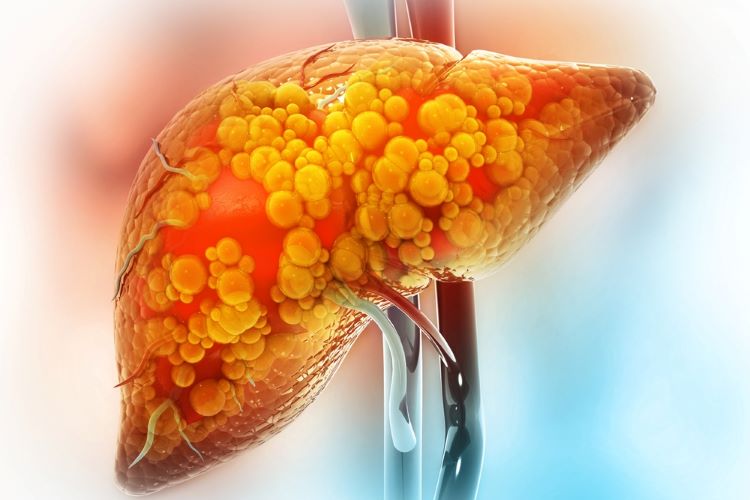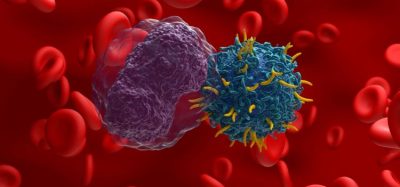Could small molecule medicine treat rare liver disease?
Posted: 3 July 2023 | Catherine Eckford (European Pharmaceutical Review) | No comments yet
A novel PPAR alpha/delta agonist “could provide an important new therapeutic option for long-term treatment [of primary biliary cholangitis (PBC)].


Positive topline data has been revealed from the pivotal ELATIVE® Phase III trial of elafibranor, an investigational dual α,δ PPAR agonist for primary biliary cholangitis (PBC). Data showed 51 percent of patients on 80mg of the small molecule treatment elafibranor achieved a cholestasis response compared with four percent on placebo.
The Phase III trial enrolled 161 patients. It evaluated the novel, oral, once-daily, dual peroxisome activated receptor (PPAR) alpha/delta (α,δ) agonist in patients who have previously experienced inadequate response or intolerance to the current standard of care therapy, ursodeoxycholic acid (UDCA).
Cholestasis response to the small molecule treatment was defined in the clinical trial as alkaline phosphatase (ALP) <1.67 x upper limit of normal (ULN), an ALP decrease ≥ 15 percent and total bilirubin (TB) ≤ ULN at 52 weeks. ALP and bilirubin are important predictors of disease progression. Reductions in levels of both can indicate reduced cholestatic injury and better liver function.
“[The small molecule treatment] could provide an important new therapeutic option for long-term treatment of patients with this debilitating condition”
“These are encouraging results that suggest elafibranor could be an effective treatment to prevent progression of PBC in patients who have received UDCA. It has a good safety profile and was well- tolerated, and could provide an important new therapeutic option for long-term treatment of patients with this debilitating condition,” stated Howard Mayer, Executive Vice President and Head of Research and Development for Ipsen.
“We are pleased by these results because PBC remains a disease where significant unmet medical needs exist,” noted Pascal Prigent, Chief Executive Officer of GENFIT.
A significant proportion of PBC patients are unable to benefit from existing therapies. There are 22.27 per 100,000 European patients estimated to have the rare, autoimmune cholestatic liver disease. The condition results in bile ducts in the liver gradually being destroyed. This damage can inhibit the liver’s ability to move toxins in the body. Scarring of liver tissue (cirrhosis) can then occur, according to research highlighted by GENFIT and Ipsen.
Positively, regarding the drug’s development, Mayer added that Ipsen plans “to move forward with regulatory submissions to the US Food and Drug Administration and the European Medicines Agency [EMA].”
Full data from the ELATIVE trial for the small molecule treatment will be presented at a future scientific congress.
Related topics
Biopharmaceuticals, Clinical Development, Clinical Trials, Drug Development, Drug Safety, oral therapeutic candidate, Research & Development (R&D), Therapeutics









